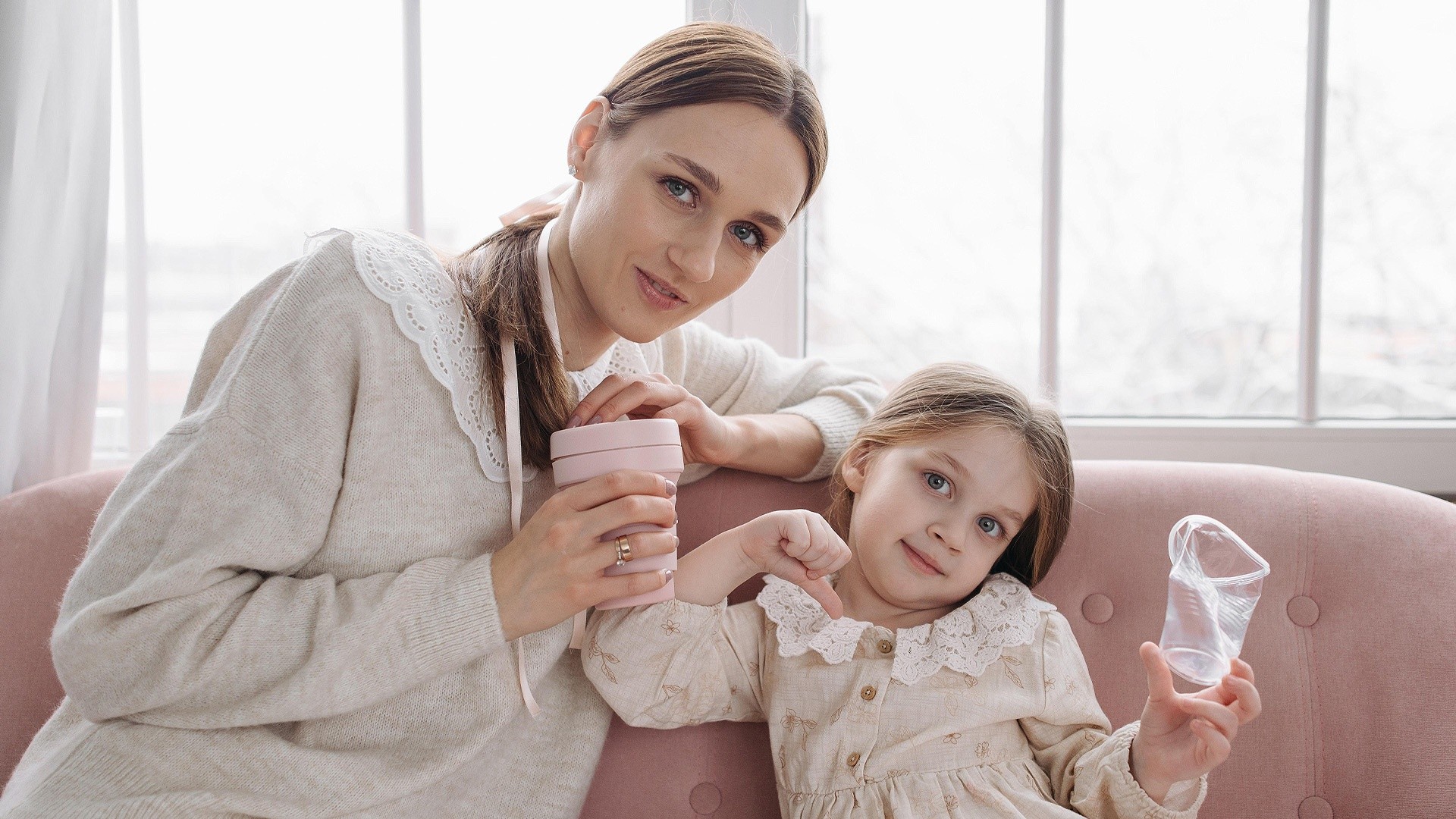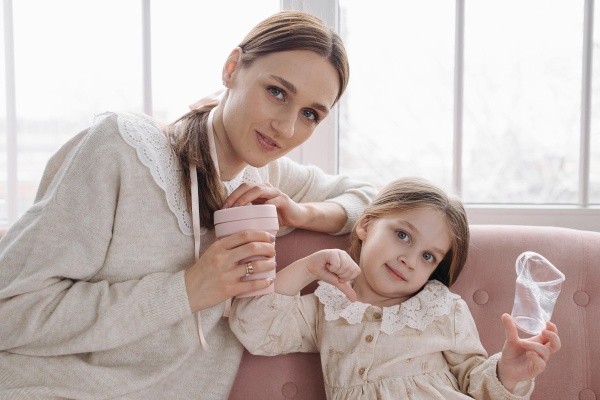Climate change is a fact. How quickly it will progress is influenced by our own behaviour. It is worth teaching children from an early age about the environment. It turns out that with the right tools and approach, it's not difficult.
There are all indications that environmental problems are get worse with each passing year. This perspective raises concerns not only for ourselves, but above all for children. They will live in a changed world and will have to deal with this on an emotional level as well. A term used for this is “climate depression”. The American Psychological Association warns that concern for the environment can result in a depressed mood, anxiety, and anti-social behaviour.
Preparing children for these emotions, and also teaching them how to make a difference, seems like a daunting task. However, it is not impossible, and doing so will result in a more green attitude and greater peace of mind in even the youngest child.
The most important thing is to set a good example. If parents or teachers remain indifferent to the fate of the planet and do not segregate rubbish, treat animals badly, how is a child going to know how to act? Just talking about how important it is - is not enough. Words will mean nothing unless deeds follow them.
What else can be done? Iwona Osiecka, who is a physiotherapist and an expert on child development, suggests spending as much time as possible with your children in nature. Viewing trees in the forest or squirrels in the park up close will develop their sensitivity to the environment. Furthermore, research shows that staying in nature for several hours a week reduces the risk of mental disorders in adulthood.
How to end the feeling of helplessness?
Iwona Osiecka also emphasises that when talking to children, not to avoid difficult topics, at the same time adjusting messages to their age group.
"Let's not overwhelm children with scientific terms. Let's use simple vocabulary but thoroughly discuss the topic. When we talk about plastic in the oceans, let's also mention the animals that live in them and how they are affected by pollution. Let's explain that they can do something about it. For example, giving up plastic bottles” - states Iwona. She explains that in this way we do not leave the youngest ones feeling helpless. We show that there is a problem, but also ways to solve it.
In addition, when we talk about the natural world, it is worth asking the child a lot of questions. For example: "Why do you think this animal looks like this?", "Where does the plastic that ends up in the water come from?", "How can we use wind power?"
When we not only state, but also ask questions, the child has time to reflect on what is really environmentally friendly and what that means. They learnsto make conclusions, to think logically. In addition, the knowledge gained in this way stays with them for longer - in the end, they make an effort to find the answer.
Children also remember more easily through play. Iwona Osiecka recommends including it in Playing will make the youngest naturally associate a good and positive thoughts with ecological behaviour.
Going Green Games /Ecological Games
If adults - teachers or parents - do not have time to create sophisticated games themselves, they can use ready-made tools. Iwona Osiecka, based on her many years of experience, has co-created the "Save the planet" Package available with the onEVO interactive floor.
“The games are projected on the floor using a special projector. In the package for the workshop, I took water, because it is the key to life on Earth. Children can save animals living in the seas, fish out plastic or create new things from discarded objects. Due to the fact that I am a physiotherapist, I also made sure that the games provided them with movement,” - states Iwona Osiecka.
This affects children in a special way - emotionally, because they can see the animals being rescued, but also cognitively, because they can use a projector to see exactly what we are talking about when they hear slogans about "plastic flooding the oceans". In addition, they train reflexes, motor skills and strengthen their muscles.
There is another advantage to learning while having fun: it does not have a frightening element. When people want to sensitise younger generations to climate change, they often appeal to feelings of fear. They say, "If you don't try, the planet will be destroyed." This can lead to climate depression.
Meanwhile, play makes children aware of possible dangers, but through its form it does not evoke difficult emotions in them. “It's not about scaring the child. It would be better if they had in their mind how much good nature gives them and how much they can do for the world,” sums up Iwona Osiecka.






